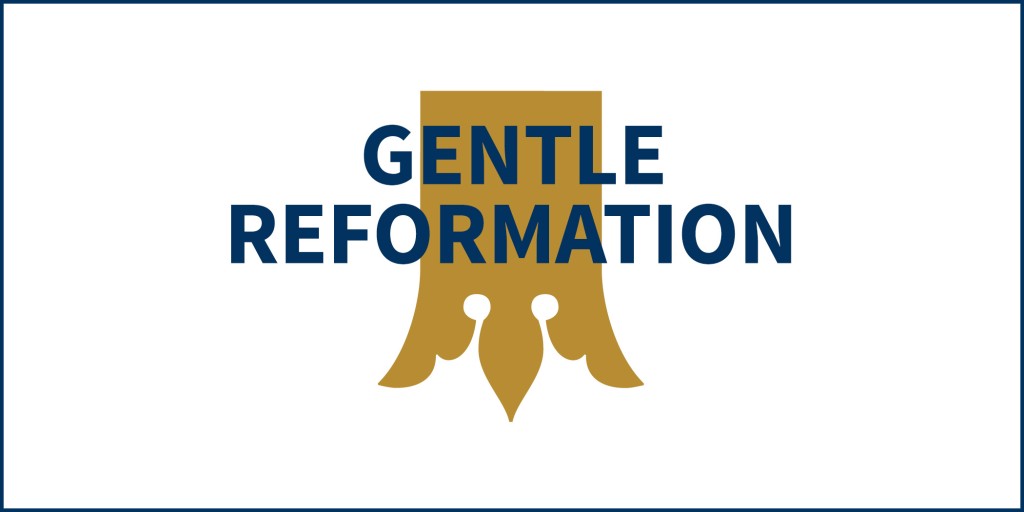You have free articles remaining this month.
Subscribe to the RP Witness for full access to new articles and the complete archives.
Every family knows to some extent the pain and reality of conflict. However, the children of the patriarch Isaac and Rebekah not only started a family quarrel, but ignited centuries of national and international conflict.
The Lord warned Rebekah that “two nations are in your womb, and two peoples from within shall be divided” (Gen. 25:23). The division and strife that began with a seemingly common sibling rivalry between Jacob and Esau developed into generations of struggle, jealously, envy, and acrimony. This is the context of Obadiah’s vision of judgment and restoration.
Who, When, What, and Where?
Though Obadiah is the shortest book in the Old Testament, its message is anything but minor or insignificant. Its shortness of length is deceiving, however, as its interpretation and exegesis have puzzled and confounded scholars for a long time. Other than his name meaning “servant of Yahweh,” nothing is known about the prophet’s life. When Obadiah prophesied is also up for debate, most likely immediately before or following the destruction of Jerusalem in 586 BC.
Typically, Obadiah is to be read as a prophetic vision in the form of a covenant lawsuit. Despite the patriarchal blessing belonging to Jacob, God had still been faithful to Esau and his descendants, known historically as the Edomites. God would not allow Israel during its wilderness wanderings to occupy the territory belonging to Edom (Deut. 2:2–6). Edom thus ought to have returned such familial kindness and helped when Israel faced its own enemies. But they didn’t. And now God is calling them, through a Hebrew prophet. to account for their transgressions and sin of omission.
A strategic location, in the modern-day southern division of Jordan and Israel, Edom was situated in the mountains. It would be difficult to invade such a landscape. The rainfall in the mountain regions would have made for fertile farming. Their location was also an ideal trade route for merchants, providing the nation with capital and possible political influence. Rather than acknowledging God’s blessing and protection of Edom, Edom became puffed up with pride and an arrogant sense of invincibility.
Judgment for God’s Enemies
Yahweh begins His indictment of this proud people by proclaiming that they will soon be humiliated (Obad. 1:2). As they were convinced of their indispensability, God was now rendering them insignificant. Through a number of poetic devices such as parallelism, imagery, irony, repetition, and rhetorical questions (vv. 3–9), God warns of the coming devastation because of their failure to honor God by “standing aloof” (v. 11) and “gloating” over the destruction of Edom’s fraternal relation. They not only stood by and did nothing (sin of omission) but were considering pillaging the remnants of what was left after Babylon ransacked God’s city. Therefore, Edom would receive judgment in the form of the loss of wise leaders and demoralized soldiers, which would bring about their own ruin (vv. 5–9).
We hear an echo and see a shadow of our Lord Jesus Christ when God tells Edom that “as you have done, it shall be done to you; your deeds shall return to your own head” (v. 15). Jesus tells us to love our enemies in Luke 6 and gives us a maxim (commonly called the golden rule) when He says, “As you wish that others would do to you, do so to them” (Luke 6:31). Edom should have observed this principle. But they didn’t, and now they were reaping what they had sown.
Hope for God’s People
Despite the vivid imagery of obliteration for Esau’s descendants (v. 18), Obadiah contains a great promise of hope and blessing for God’s people. The day of the Lord is coming (vv. 15, 21). Its immediate realization will be the restoration of the kingdom of Israel, but within that promise is a foreshadowing of the ultimate day of the Lord when Christ returns and conquers all things (Rev. 22:12).
This prophecy is brief, but it reminds us of the timely and essential truth that ultimately all nations, peoples, and lands belong to God, and God’s messianic King. Nations may prosper and plunder for a season, but ultimately all things will be brought to completion and fulfillment in Jesus Christ. Do not fret when our enemies—even if those enemies tragically are those close to you—seemingly prosper (Ps. 37:7), but rather as Christians return evil with good.
